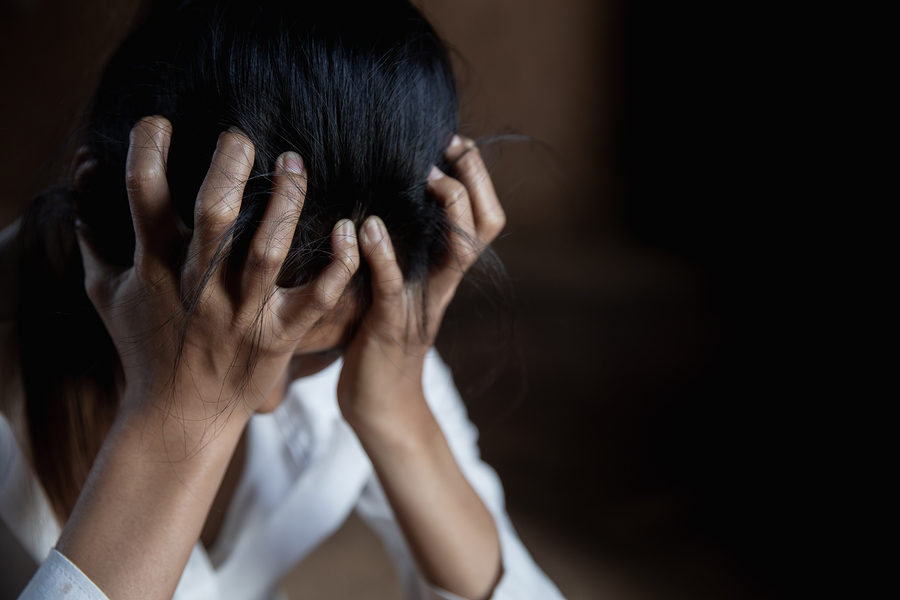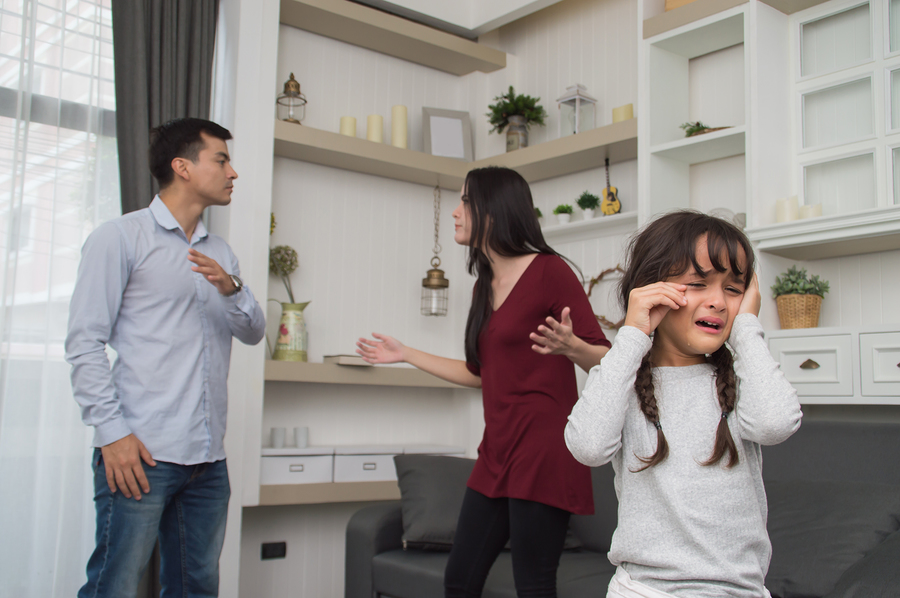DOMESTIC VIOLENCE

WHAT IS DOMESTIC VIOLENCE?
Physical violence is only one form of intimate partner violence. An aggressive partner can use many tactics to manipulate and control. Types of domestic violence include:
Hitting, shoving, kicking, choking, biting, or hair-pulling. This could also include forced ingestion of drugs or alcohol.
Forced or coerced sex acts, rape, or sexually demeaning treatment.
Put-downs, name-calling, blaming, or criticism. This includes other efforts to diminish a person’s self-worth.
Threats of violence toward a partner, family member, pets, or friends. This may include keeping a partner from socializing or going to work or school. Threatening suicide or self-harm to control is another form of this abuse.
Controlling a partner’s finances. This includes restricting access to financial resources.
Domestic violence occurs when one partner abuses the other. There are many reasons for the behavior. One motive is to gain control over one’s partner. Domestic violence has different levels of severity. There are also differences in how often it can occur. It may happen in any type of relationship. It can impact family, friends, and others. Domestic violence is also known as intimate partner violence, spousal abuse, and domestic abuse.
It is possible to stop domestic violence or recover from it if you are a survivor. Staying in an abusive situation can have negative long-term effects. But recovery is possible.

WHO DOES DOMESTIC VIOLENCE AFFECT?
Domestic violence research often studies male abusers and female victims. But anyone can be affected. Gender, sexual orientation, age, or background do not keep anyone from experiencing IPV. The effects of domestic violence reach beyond the victims and abusers. IPV affects children, other family members, friends, and the community.
Statistics on domestic abuse reveal that:
- 1 in 4 adult women and 1 in 7 adult men in the United States have experienced intimate partner violence.
- 86% of male victims of IPV were assaulted by a male partner.
- 33% of female homicide victims and 5.5% of male homicide victims were killed by a current or former partner.
- 30% to 60% of children in households with domestic violence experience abuse or neglect.
- Children who witness violence at home are more likely to become abusers or experience abuse.
- Over $8.3 billion in estimated costs is associated with domestic violence incidents each year.
PHYSICAL EFFECTS OF DOMESTIC VIOLENCE
Repeated physical harm can cause many health issues. The stress of being abused may also have physical effects. Domestic violence can cause the following physical issues:
- Chronic pain or migraines
- Digestive problems
- Sexually transmitted infections
- Reproductive issues, including preterm births and perinatal deaths
- Unintended pregnancy
- Bladder and kidney infections
- Central nervous system problems
Domestic violence victims may also have strained connections with others. These people may include health professionals, employers, and social networks.
WHY DO PEOPLE ABUSE THEIR PARTNERS?
Many factors affect whether a person will commit domestic abuse. Some of these factors include low self-esteem and emotional dependence. These factors are also found in victims of domestic violence. There are no direct causal links to domestic violence. But many factors link to the behavior.
One risk factor for becoming an abuser is particularly strong. This factor is having been a victim of abuse in the past. Other risk factors include:
- Low self-esteem
- Depression
- Anger issues
- The need to control others
- Abuse in childhood
- Low income or unemployment
- Substance abuse
- Emotional insecurity or dependence
In men, feelings of not matching up to the masculine gender role
PSYCHOLOGICAL IMPACT OF DOMESTIC VIOLENCE
Physical violence can leave visible wounds. These may or may not be temporary. Intimate partner violence often leaves lasting psychological effects. These may include:
- Anxiety
- Depression
- Posttraumatic stress (PTSD)
- Trust issues
- Problems with sleep
- Fear of intimacy
- Suicidal thoughts
- Emotional distance
Therapy can help those who experienced abuse work with these issues. Therapists may help abuse survivors learn to manage the effects of abuse. In therapy, healing from the trauma of abuse may occur.
We have trained therapist in Domestic Violence to help you heal. Tracy Stone is an Illinois Certified Domestic Violence Specialist with the State of Illinois specialty trained in Domestic Violence Counseling and Perpetrator Abuse Intervention. For an appointment call 815-515-0010 or send us a message through this online form.

